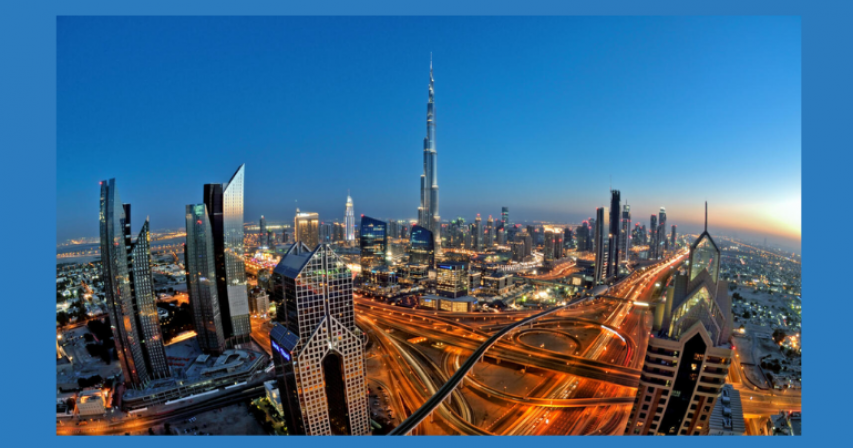Private sector firms urged to allow flexible work patterns for employees on Day 3

In response to the impact of unstable weather conditions across the UAE, the Ministry of Human Resources and Emiratisation (MoHRE) has called upon the private sector to allow employees to apply flexible work patterns. This proactive measure aims to prioritize the health and safety of workers, particularly those engaged in outdoor activities where it may be challenging to suspend operations.
The announcement underscores the government's commitment to safeguarding the well-being of all individuals in the workforce, emphasizing the importance of taking precautions in outdoor work environments. Employers are urged to ensure that occupational health and safety requirements are met, both during employees' commute to and from work sites and throughout their working hours.
Earlier, MoHRE had already taken steps to ease the burden on outdoor workers by emphasizing employers' responsibility to protect their health and safety during transit and work hours. These initiatives align with the government's broader efforts to enhance workplace safety standards and ensure the welfare of all employees across various industries.
As part of these efforts, the government has also implemented remote working arrangements for all public sector employees on April 17 and 18, except for those whose roles necessitate their physical presence in the workplace. This temporary measure aims to minimize unnecessary exposure to adverse weather conditions and reduce the risk of accidents or health-related issues among public sector workers.
The decision to promote flexible work patterns reflects a proactive approach to addressing the challenges posed by unpredictable weather events, which can disrupt normal business operations and pose risks to employee well-being. By allowing employees to adjust their work schedules or work remotely when necessary, employers demonstrate their commitment to prioritizing safety and ensuring continuity of operations in the face of external disruptions.
Furthermore, the government's emphasis on occupational health and safety requirements highlights the importance of compliance with established regulations and standards in all workplaces. Employers are encouraged to implement measures such as providing adequate protective equipment, conducting risk assessments, and implementing safety protocols to mitigate potential hazards associated with outdoor work activities.
In conclusion, the UAE's proactive measures to promote flexible work patterns and prioritize employee safety during unstable weather conditions reflect a proactive and responsible approach to managing workplace challenges. By collaborating with employers and employees alike, the government aims to create safer and more resilient work environments that protect the well-being of all individuals in the workforce.
By: Sahiba Suri





Comments